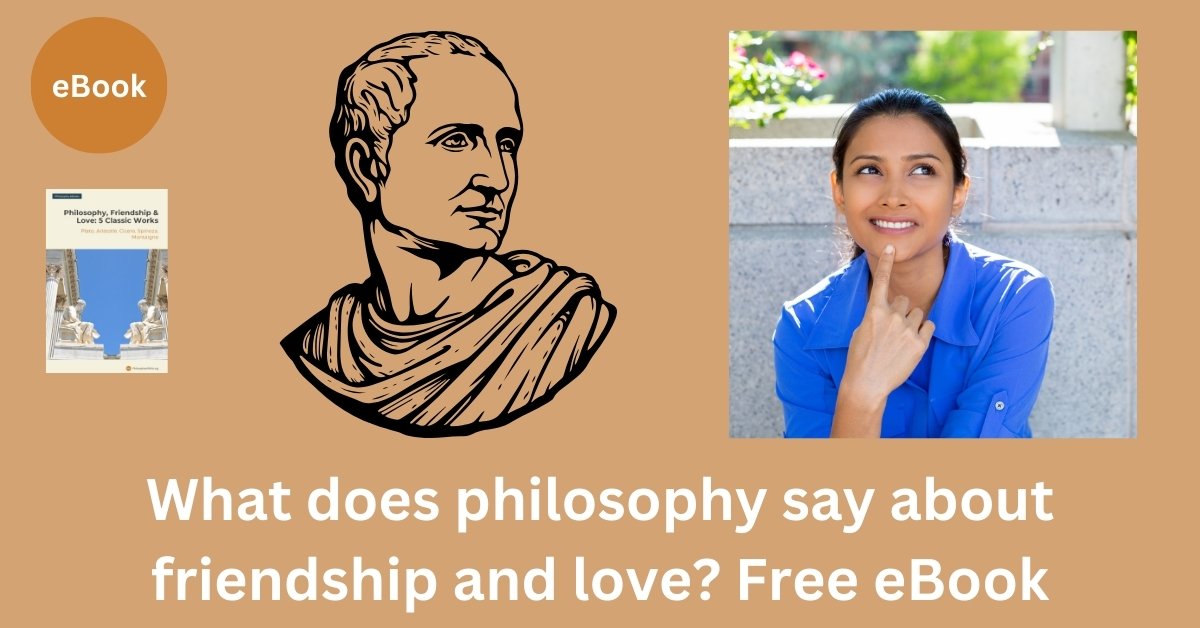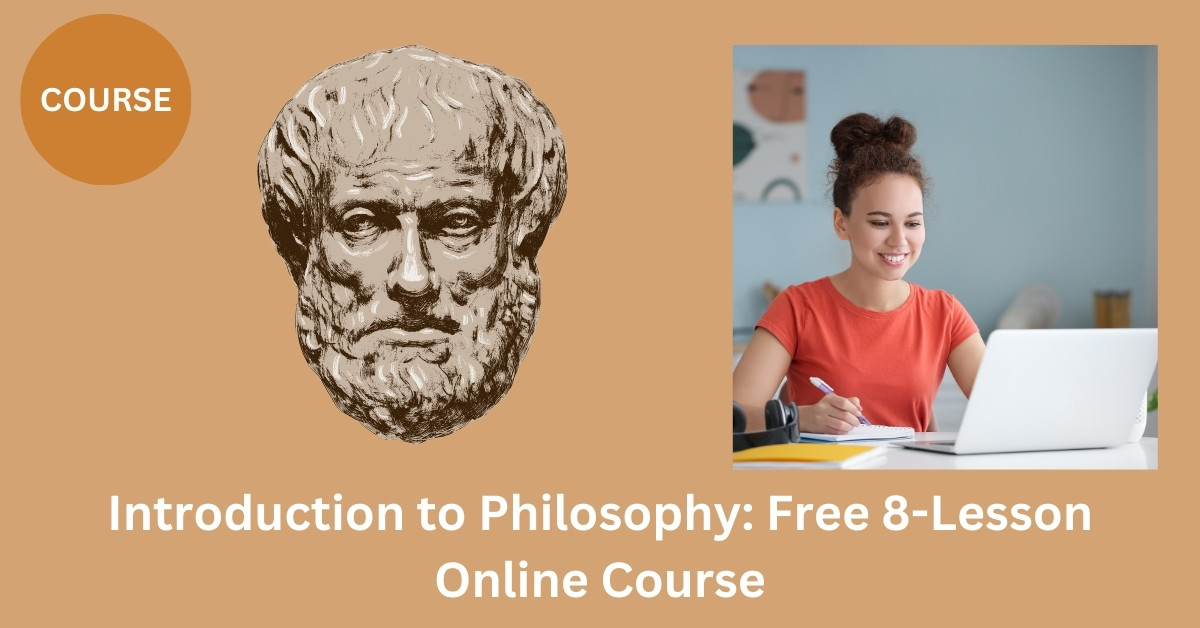Philosophy serves as a guide for many individuals seeking to live a more meaningful and fulfilling life. However, the vast amount of information available can often feel overwhelming, making it challenging to focus on foundational principles. One such principle is Aristotle’s concept of the unmoved mover, a core idea that holds great significance in understanding the philosophical pursuit of meaning. By exploring this essential aspect of Aristotle’s philosophy, we can gain deeper insights into its relevance and practical application in our personal quest for a more purposeful existence. This article examines the concept of the unmoved mover and its importance in the broader context of living a meaningful life.
Key features of Aristotle’s philosophy

Aristotle was a Greek philosopher whose ideas have shaped much of Western thought. One of his key beliefs was that everything in the world has a purpose or “final cause.” This means that every living thing, object, or action has an ultimate goal to fulfill. He also emphasized the idea of balance, or what he called the “Golden Mean.” This principle suggests that living a good life involves avoiding extremes and finding a middle ground in behaviour and decision-making.
Aristotle also made significant contributions to logic, creating a system of reasoning that is still used today. He believed that through careful observation and logical thinking, people could gain knowledge about the world. Additionally, he classified everything in nature, introducing ways to study biology, physics, politics, and ethics systematically.
Ethics was a central part of Aristotle’s philosophy. He believed that happiness, or “eudaimonia,” was the ultimate goal of human life, achieved by living virtuously and developing good character traits, like courage and kindness. He also wrote about the importance of friendships and community in leading a fulfilled life.
Overall, Aristotle’s philosophy is built on understanding the natural world, living a balanced life, and striving for knowledge and happiness. His ideas remain influential in many areas, from science and ethics to politics and education.
What is the unmoved mover?
Aristotle’s concept of the unmoved mover lies at the heart of his metaphysical philosophy. He believed that everything in the universe is in motion, whether physical movement or the process of change and transformation. For Aristotle, all these movements must have a cause, and this chain of causes cannot go on infinitely. Eventually, there must be a first cause that itself is not moved or changed by anything else. This is what he referred to as the unmoved mover.
The unmoved mover is a kind of eternal, unchanging principle that initiates all motion and activity in the universe. It does not act by physically pushing or influencing things but rather as a final cause, meaning it draws or attracts other things toward it. Aristotle described the unmoved mover as being purely actual, without any potential for change, and separate from the material world. Its existence is necessary for the logical structure of his philosophical system to explain why motion and change exist in the first place.
By introducing the concept of the unmoved mover, Aristotle aimed to offer an explanation for the continuous order and motion observed in the universe. This idea served as a critical foundation for his understanding of nature, causality, and existence.
This example helps to demonstrate this philosophical perspective. Aristotle’s concept of the unmoved mover can be seen in his belief that everything in motion must have been set in motion by something else, yet there exists a prime initiator that starts movement without being moved itself. Imagine a series of dominos falling; each one topples the next, but there must have been a hand to flick the first domino. Aristotle’s unmoved mover is like that initial hand—a cause of all motion and change but not caused by anything else. This idea had profound implications for Aristotle’s understanding of the universe, as he viewed it as a central point of existence and ultimate reason behind movement. This example provides a glimpse into Aristotle’s reasoning without going into the more intricate philosophical details, making it an accessible entry point to his complex ideas.
Challenges to Aristotle’s view about the unmoved mover
Some philosophers object to or reject Aristotle’s concept of the unmoved mover for a variety of reasons, ranging from logical inconsistencies to alternative explanations for the nature of existence and motion. One key objection is that the idea of an unmoved mover appears to rely heavily on the assumption that there must be an ultimate cause or first principle that itself is not caused or moved by anything else. Critics argue that this assumption isn’t necessarily justified and that it may be possible to have an infinite regress of causes without the need for a single, unmoved principle. They claim that positing an unmoved mover doesn’t solve the problem of the origin of motion or causation but instead shifts the issue to an unprovable metaphysical construct.
Another reason for rejecting the concept is the difficulty in explaining how the unmoved mover interacts with or influences the physical world. Some philosophers question how something that is entirely unmoved and unchanging can have an impact on or set into motion a dynamic and evolving universe. If the unmoved mover has no direct interaction with the material world, its relevance to explaining motion and causation becomes unclear. This raises doubts about the necessity of such a concept in understanding the workings of the universe.
Additionally, philosophers influenced by empirical or scientific methods tend to reject metaphysical explanations that lack testability or observable evidence. The concept of the unmoved mover belongs to a broader metaphysical framework that, according to such critics, relies on abstract reasoning rather than empirical support. They often favour scientific explanations, such as those provided by cosmology or physics, which address motion and causation through evidence-based principles rather than hypothetical entities.
Finally, some philosophers critique the anthropocentric or theistic implications of the unmoved mover, suggesting that it unnecessarily attributes purpose or design to the universe. They argue that the natural world can be explained without invoking an ultimate mover, which they see as introducing unnecessary layers of complexity to understanding reality. For these reasons, many thinkers find Aristotle’s concept either unconvincing or irrelevant to modern philosophical and scientific discourse.
Why the unmoved mover is important to Aristotle’s philosophy
Understanding the concept of the unmoved mover is crucial to gaining a deeper comprehension of Aristotle’s philosophy.
- Foundation of Causality
The concept of the unmoved mover is central to understanding how Aristotle explains causality. It establishes the idea that everything in the universe operates through a chain of causes, with something initiating movement or change without itself being moved or changed. This concept is important because it provides a starting point for all motion and change, which is a key component of his philosophical system. By introducing an ultimate source that causes other things without being caused itself, Aristotle creates a framework to examine relationships between cause and effect across the natural world. This approach helps to explain not just physical motion but also changes in form, nature, and purpose.
- Connection Between Motion and Purpose
Alongside its role in causality, the unmoved mover is also tied to Aristotle’s understanding of purpose, or “final causes.” Purpose plays a major role in his explanation of why things exist and behave the way they do. The unmoved mover serves as an ultimate example of something that inspires movement without being physically involved, driving other causes toward their goals or ends. This links directly to how Aristotle views purpose and function in both natural and human-made objects, giving us a cohesive way to understand the interconnectedness of existence. By starting with the idea of the unmoved mover, it becomes easier to explore broader questions about purpose in the universe.
- Framework for Understanding Change
Aristotle stressed the importance of studying change, and the unmoved mover helps structure his philosophy around this focus. It anchors his explanation of how change can happen without an infinite regression of causes, offering a logical endpoint for the process. This is important because it provides a more structured way to study the transformations constantly occurring in nature. Through this framework, Aristotle offers tools to examine everything from biological development to societal transformations, giving us insights into the dynamics of growth and evolution without needing to endlessly question what came before.
Contrasting Aristotle’s philosophy with Aquinas’ philosophy
Aristotle’s concept of the “unmoved mover” provides a foundation for understanding the nature of existence and causality, which later influenced philosophers like Thomas Aquinas. Aristotle believed that the unmoved mover serves as the ultimate cause of all motion and change in the universe, yet it itself remains unaffected and unchanging. This idea focuses on a philosophical explanation rooted in logic and observation of the natural world, without tying it explicitly to a particular divine or religious framework.
Aquinas, on the other hand, adapted Aristotle’s notion of the unmoved mover within a Christian theological context. For Aquinas, the unmoved mover is not just a logical necessity but is identified as God. Aquinas integrated Aristotle’s philosophy into his own theological arguments, such as the “Five Ways” to prove the existence of God. While Aristotle’s unmoved mover is more abstract, Aquinas personalizes it, attributing qualities such as will and intent, aligning it with the God of Christianity.
The key distinction lies in their purposes—Aristotle’s philosophy is primarily concerned with explaining motion and causality in a physical and metaphysical sense, while Aquinas uses the concept to bridge philosophy and theology, presenting a more spiritual interpretation. This difference highlights how Aquinas expanded on Aristotle’s ideas to build a theological framework that combined reason with faith.
The Unmoved Mover, Aristotle’s philosophy and the meaning of life
Reflecting on Aristotle’s view of the unmoved mover, regardless of whether you agree with it, is a helpful exercise in thinking about the deeper questions of life. Taking time to consider larger philosophical ideas can inspire a sense of purpose, even if those ideas feel abstract or complex. When we explore such concepts, we are pushed to think beyond the surface of our everyday experiences, challenging ourselves to consider our actions, motivations, and the meaning of the world around us. This process often leads to sharper self-awareness and perspective, both of which contribute to a more meaningful life.
Wrestling with big ideas like Aristotle’s is also a reminder that humanity has always sought to understand not just how the world works, but why it exists in the way that it does. This connection to a long history of philosophical inquiry can help us feel less isolated in our personal struggles and more connected to something timeless and universal. Even if we come to different conclusions about the nature of existence or purpose, the act of reasoning and reflection can provide clarity and direction.
Additionally, considering ideas like the unmoved mover can help refine our values and priorities. It prompts us to think about what motivates us in our own lives – what drives our decisions, what brings us fulfillment, and what gives us a sense of peace or balance. These reflections can help us align our actions with our goals, enabling us to build habits and relationships that resonate with what genuinely matters to us. Whether you agree with Aristotle’s view or not, engaging with such ideas demands a level of introspection that encourages growth and intentionality.
Ultimately, the value of exploring philosophical ideas lies not in finding definitive answers, but in the process of seeking them. It encourages curiosity, humility, and a willingness to question assumptions – qualities that are essential for personal development and living a meaningful life.
Further reading
Aristotle. (1984). Metaphysics (W. D. Ross, Trans.). Princeton University Press. (Original work published ca. 350 B.C.E.)
Aquinas, T. (1968). Summa Theologica (Fathers of the English Dominican Province, Trans.). Benziger Brothers.
Barnes, J. (1995). The Cambridge Companion to Aristotle. Cambridge University Press.
Lear, J. (1988). Aristotle and Logical Theory. Cambridge University Press.
Ross, W. D. (1995). Aristotle. Routledge.


